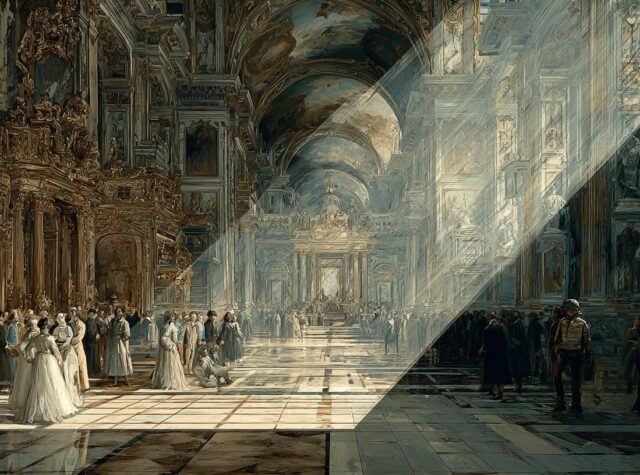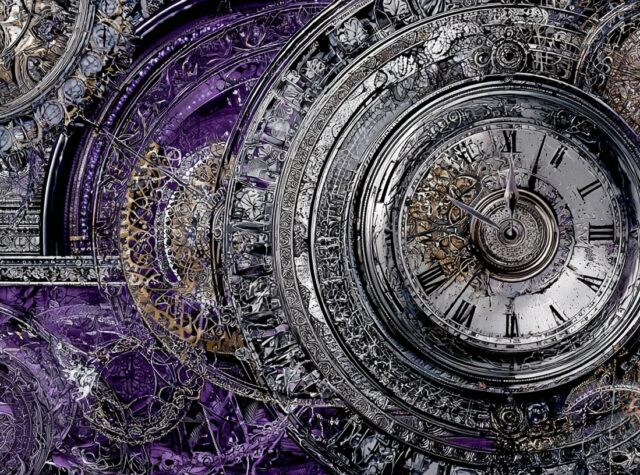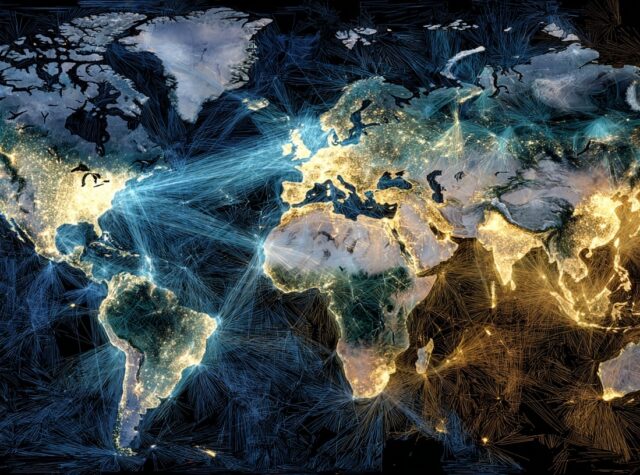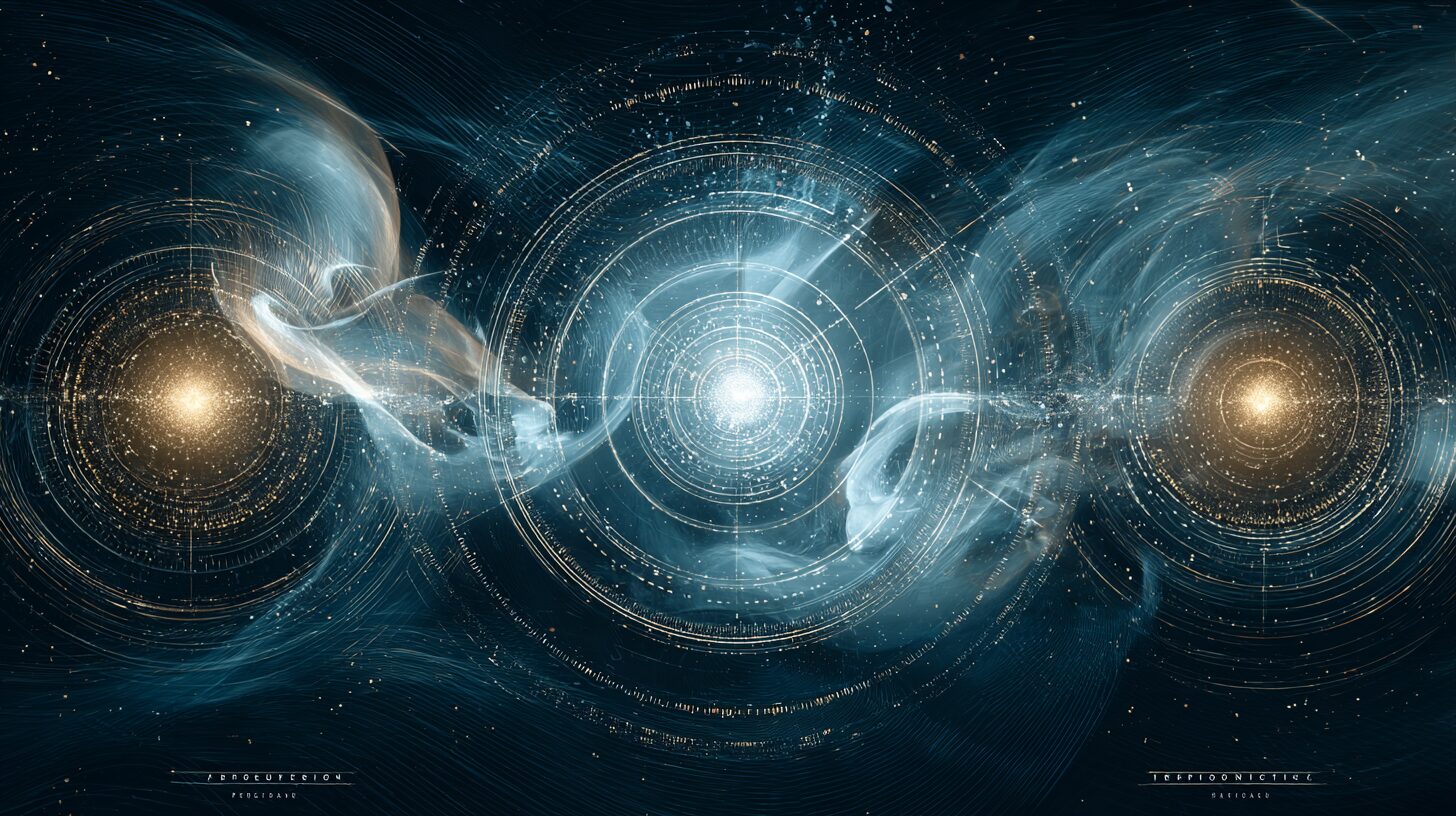-

-
The Ghost of McCarthyism: Lessons in the Politics of Fear~ History repeats itself. But we can learn. ~
The "Red Scare" that swept across 1950s America—the ghost of that era is creeping back into our society once again. When I observed an incident that occurred in America in September 2025, I had a sudden realization: "Haven't I seen this pattern somewhere before?" Yes, it bears a striking structural resemblance to McCarthyism from over 70 years ago. Today, ...
-
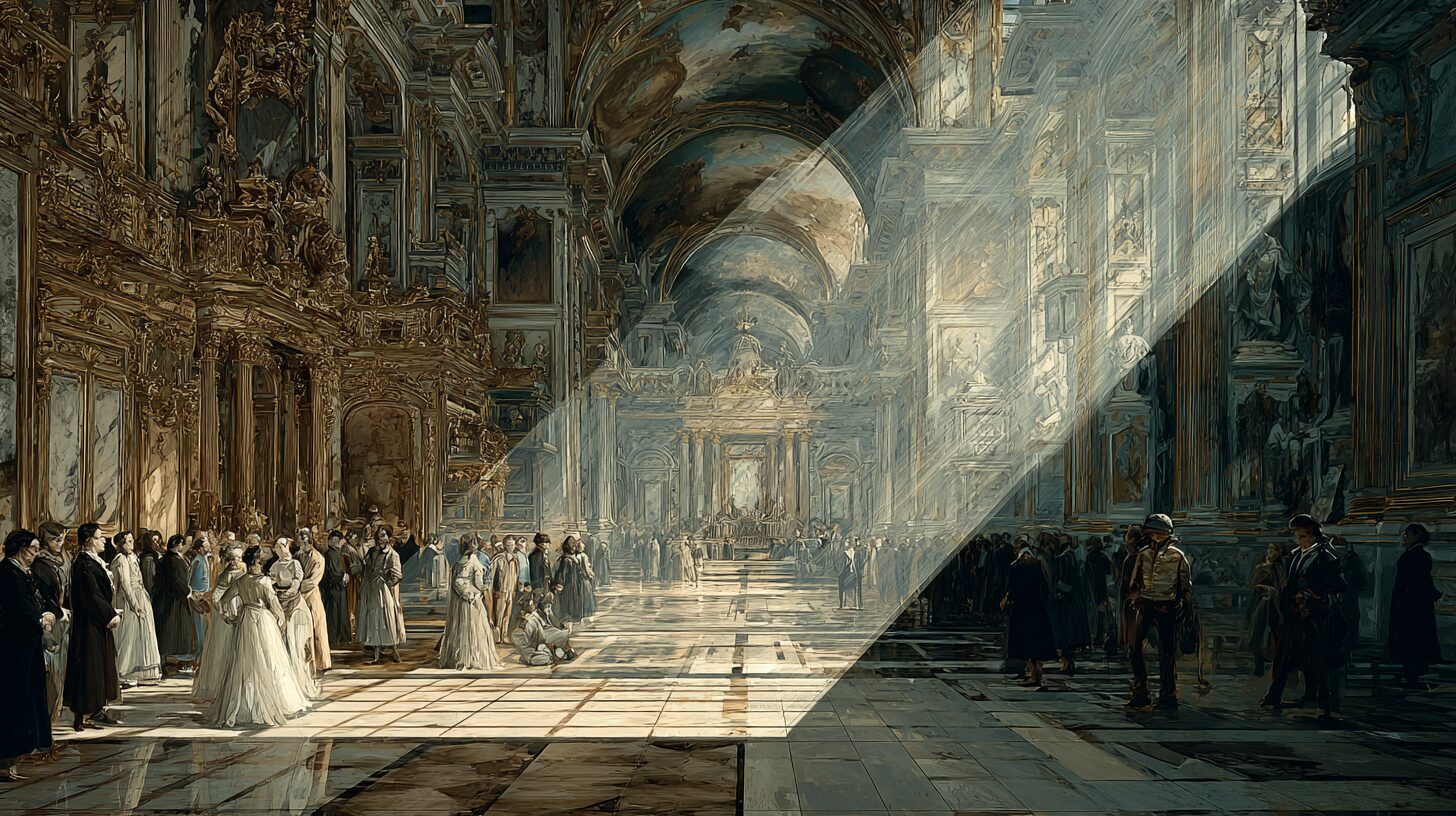
-
Why the French Revolution Delivered: The Power of Institutional Design
Methodological Framework Notice:This article employs the Four-Layer Analysis Framework of Thought Engineering (L4: Values OS → L3: Decision OS → L2: Habit OS → L1: Execution OS) as a theoretical lens for examining historical transformation. This framework represents a theoretical hypothesis proposed for analyzing consciousness evolution and institutional design. Readers should understand that sections applying this framework constitute theoretical ...
-
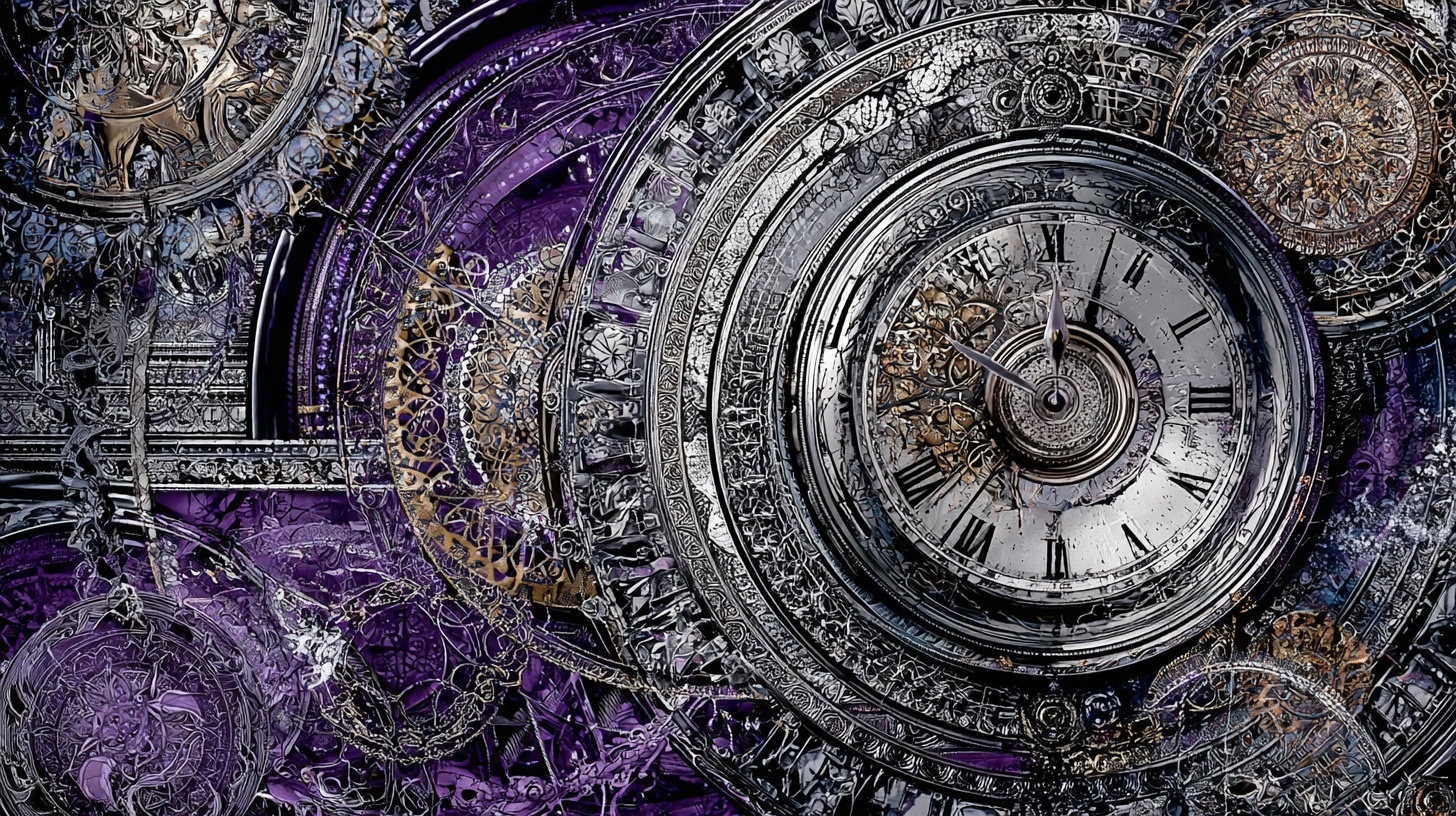
-
Multi-Temporal Consciousness Architecture in Thought Engineering
A Theoretical Exploratory Framework for Historical Pattern Alchemy and Consciousness Evolution 🔬 Theoretical Research Declaration This paper presents theoretical explorations and thought experiments in consciousness evolution research. All frameworks are hypothetical constructs requiring empirical verification. Readers should approach this work as: Theoretical Speculation: Conceptual frameworks for future investigation Thought Experiments: Creative explorations of consciousness possibilities Hypothetical Propositions: Ideas requiring ...
-

-
Theoretical Analysis of Collective Trauma in the Digital Age: A Framework for Network-Era Persecution
A Theoretical Exploratory Paper Author: Ray KissyouResearch Focus: Consciousness Engineering and Spiritual Systems TheoryKeywords: Collective trauma, digital persecution, network theory, consciousness evolution, theoretical framework Research Disclaimer: This paper presents theoretical frameworks and hypothetical models for academic exploration. Sections marked as "Theoretical" contain thought experiments and conceptual proposals requiring empirical verification. Sections marked as "Factual" reference documented events and established ...
-
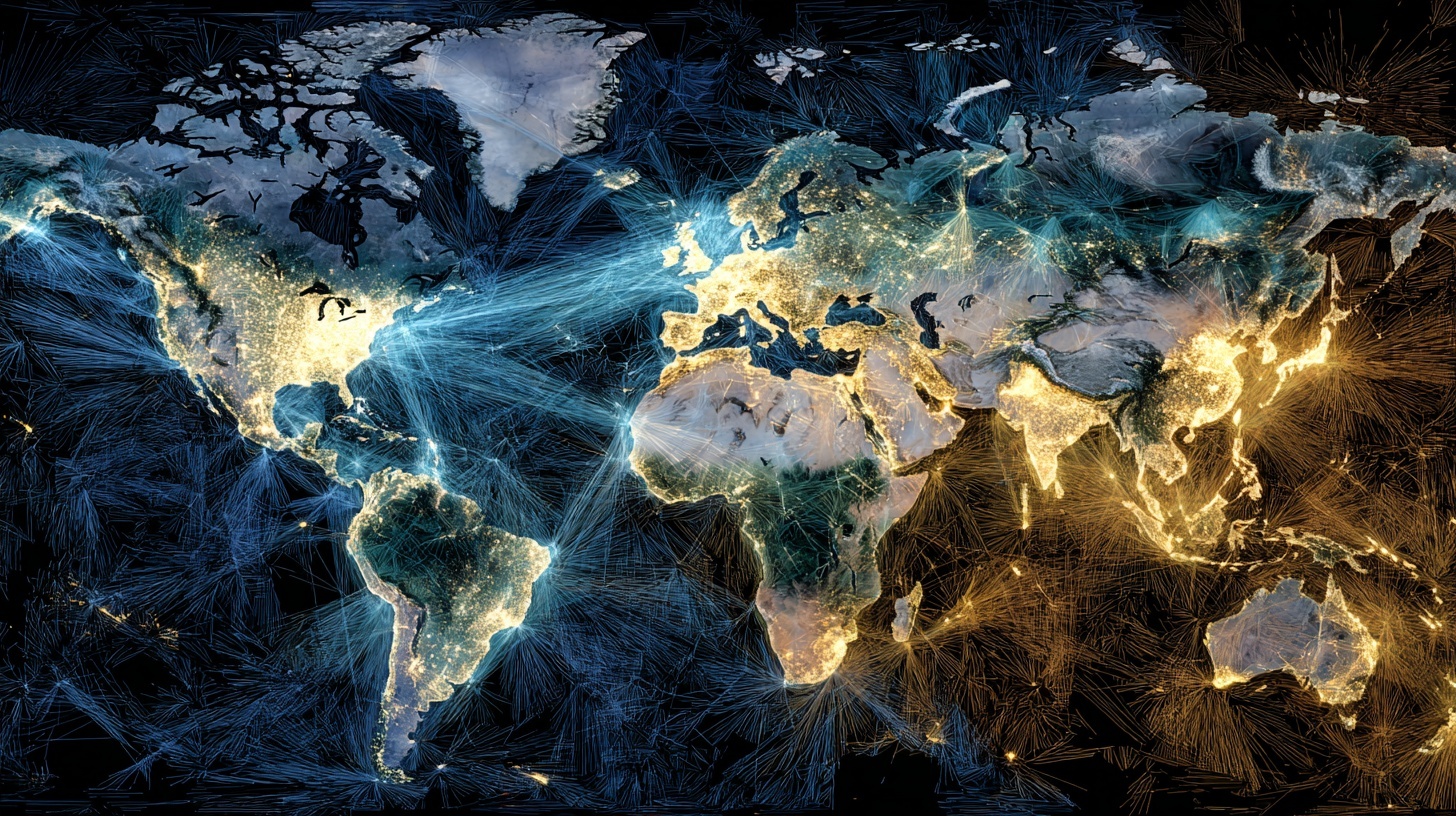
-
Constructing Spiritual Operating System Renewal Theory for Contemporary Society
Constructing Spiritual Operating System Renewal Theory for Contemporary Society A Theoretical Exploratory Framework for Systemic Transformation through Thought Engineering Author: Ray Kissyou (吉祥礼)Publication Year: December 2025Paper Classification: Theoretical Exploration and Hypothesis Presentation 【Important】Theoretical Character of This Paper This paper constitutes theoretical exploration and thought experiments in the emerging academic field of "Thought Engineering." The following elements are clearly distinguished in ...
-
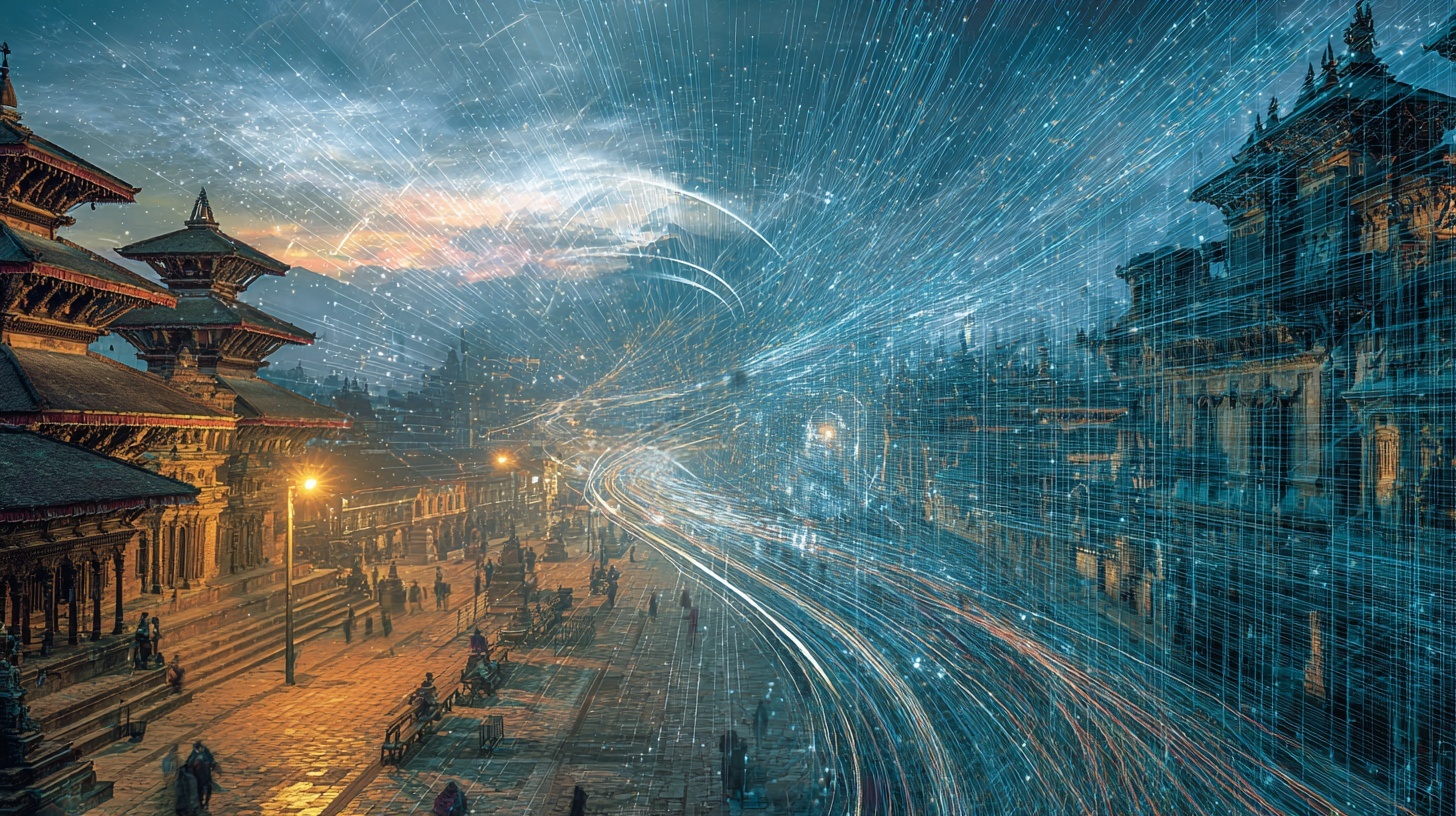
-
Nepal Riots and Small State Spiritual Sovereignty
Thought Engineering Social System Analysis: Theoretical Framework for Modern Social Design Integrating Eastern Wisdom with Western Systems Thinking Abstract: This paper develops a theoretical framework for analyzing social systems through the lens of "Thought Engineering"—an interdisciplinary approach integrating Eastern spirituality with Western systems thinking. Drawing insights from contemporary social movements, including the 2025 Nepal protests over social media restrictions, we ...
-
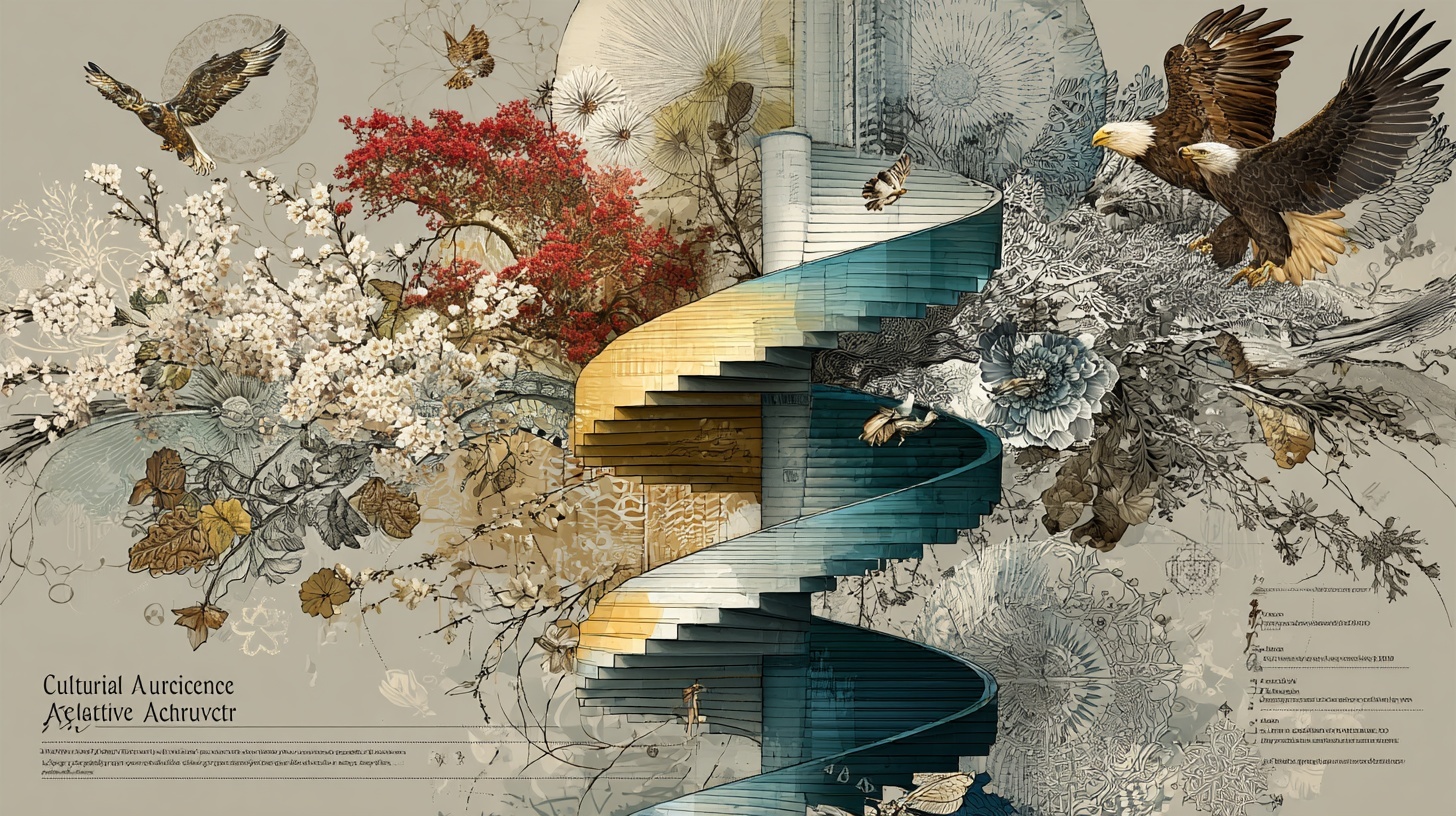
-
Cultural Cognitive Architecture Theory in Thought Engineering: Soul Sovereignty Establishment Systems Through Narrative OS Analysis
Author: Ray Kissyou (吉祥礼) Research Fields: Thought Engineering, Cultural Cognitive Systems, Consciousness Evolution Theory Abstract This paper explores the theoretical role of Cultural Narrative Systems (Narrative OS) in establishing "Soul Sovereignty"—the core challenge of Thought Engineering. Transcending conventional cultural comparative studies, we conceptualize Narrative OS as "spiritual cognitive infrastructure" and examine possibilities for individual and collective consciousness development. Our theoretical ...
-
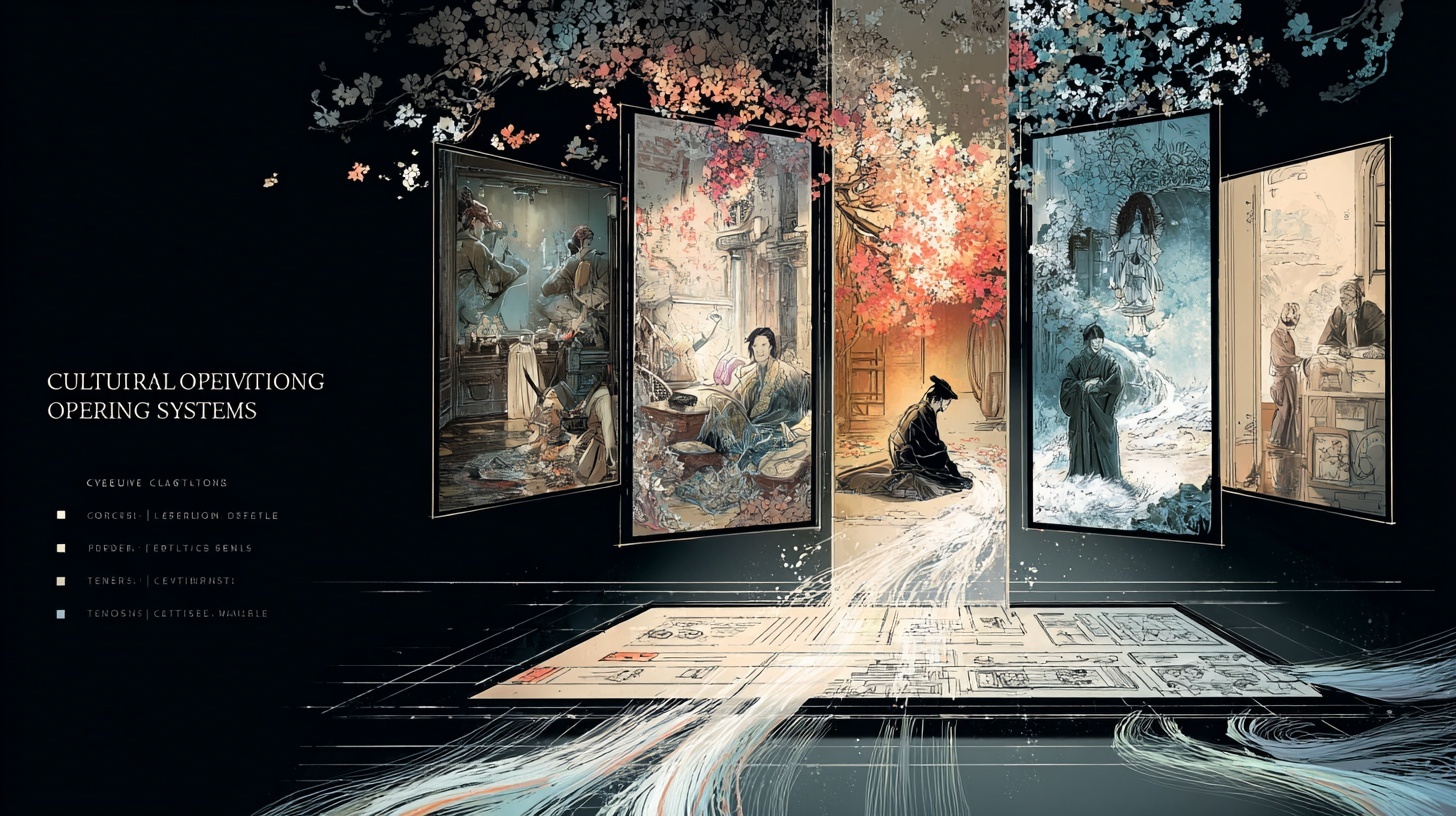
-
Structural Analysis of Cultural Narrative Systems: Japanese "Aesthetics of the Defeated" and the Evolution of Global Narratives
Preface: Narrative OS Theory as Cultural Cognitive Framework 1.1 Problem Statement The cultural response differential observed during international reception of the Japanese anime film Demon Slayer suggests profound cognitive framework differences that may transcend mere entertainment preferences. While Japanese audiences appear to experience deep emotional resonance with Akaza's flashback sequences, some international film critics have noted concerns about "pacing" and ...
-

-
Cultural Narrative Operating Systems: A Theoretical Framework for Understanding Cross-Cultural Story Perception
A Theoretical Exploratory Paper in Thought Engineering Abstract This paper proposes a theoretical framework conceptualizing cultural story preferences as "Narrative Operating Systems" (Narrative OS)—deep cognitive frameworks that determine how societies process, value, and emotionally respond to storytelling structures. Through analysis of contemporary cross-cultural reception patterns and historical literary traditions, this work develops hypotheses about fundamental differences in narrative cognition across ...
-

-
Thought Engineering Analysis of the Emperor System:"Quiet Light" as Social Integration Architecture
Author: Ray Kissyou Date: September 2025 Category: Thought Engineering, Cultural Architecture Note on Perspective: This analysis approaches Japan's constitutional monarchy system from a systems engineering and cultural architecture perspective. It represents one interpretive framework among many possible approaches to understanding institutional functions in modern society. The analysis focuses on structural and functional aspects rather than advocating for any particular political ...
-
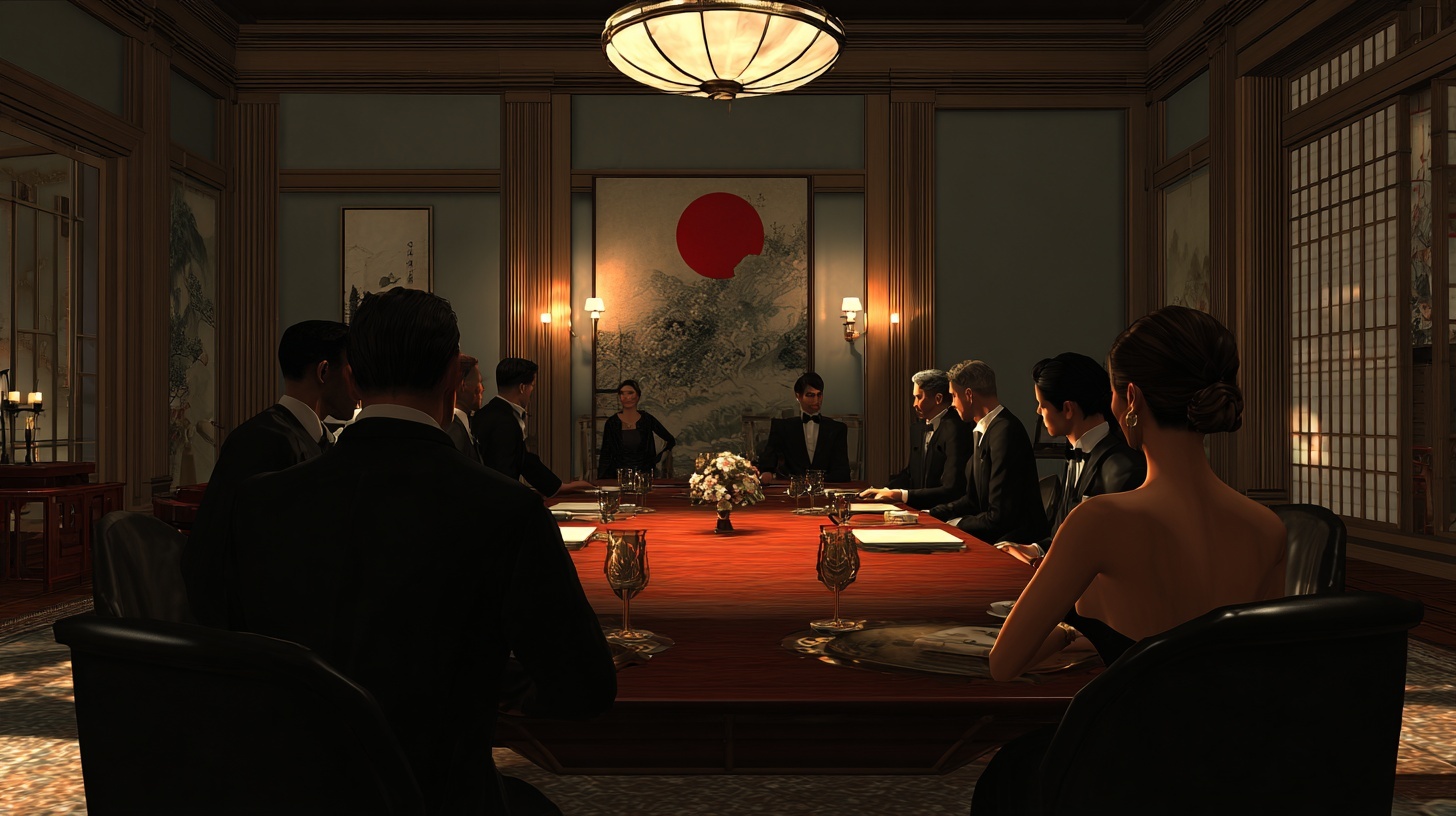
-
Sociological Analysis of Japan's Symbolic Emperor System:A Theoretical Examination of Authority, Cultural Capital, and Social Integration
Author: Ray Kissyou Date: September 2024 Category: Political Sociology, Cultural Theory Analytical Framework Note: This paper examines Japan's symbolic emperor system from sociological and cultural anthropological perspectives. Rather than advocating for any particular political position, it aims to objectively analyze the institution's social functions and cultural significance. The theoretical frameworks presented offer one analytical lens among many possible approaches to ...
-

-
Structural Defects in Cognitive OS: Analyzing Language Design and Experience Quality Through B'z's "ALONE"
A Thought Engineering Analysis of Musical Experience Architecture 1. Structural Problem Definition The linguistic cognitive dissonance observed in B'z's 1991 track "ALONE" transcends mere translation issues. This case represents a典型的 example of experience quality degradation caused by design flaws in Cognitive Operating Systems. Through this concrete example, this paper elucidates the following structural problems: Impact of linguistic premise design errors ...
-

-
Multi-Temporal Consciousness Architecture in Thought Engineering
A Theoretical Exploratory Framework for Historical Pattern Alchemy and Consciousness Evolution 🔬 Theoretical Research Declaration This paper presents theoretical explorations and thought experiments in consciousness evolution research. All frameworks are hypothetical constructs requiring empirical verification. Readers should approach this work as: Theoretical Speculation: Conceptual frameworks for future investigation Thought Experiments: Creative explorations of consciousness possibilities Hypothetical Propositions: Ideas requiring ...
-

-
Constructing Spiritual Operating System Renewal Theory for Contemporary Society
Constructing Spiritual Operating System Renewal Theory for Contemporary Society A Theoretical Exploratory Framework for Systemic Transformation through Thought Engineering Author: Ray Kissyou (吉祥礼)Publication Year: December 2025Paper Classification: Theoretical Exploration and Hypothesis Presentation 【Important】Theoretical Character of This Paper This paper constitutes theoretical exploration and thought experiments in the emerging academic field of "Thought Engineering." The following elements are clearly distinguished in ...
-

-
Thought Engineering Analysis of the Emperor System:"Quiet Light" as Social Integration Architecture
Author: Ray Kissyou Date: September 2025 Category: Thought Engineering, Cultural Architecture Note on Perspective: This analysis approaches Japan's constitutional monarchy system from a systems engineering and cultural architecture perspective. It represents one interpretive framework among many possible approaches to understanding institutional functions in modern society. The analysis focuses on structural and functional aspects rather than advocating for any particular political ...
-

-
Structural Defects in Cognitive OS: Analyzing Language Design and Experience Quality Through B'z's "ALONE"
A Thought Engineering Analysis of Musical Experience Architecture 1. Structural Problem Definition The linguistic cognitive dissonance observed in B'z's 1991 track "ALONE" transcends mere translation issues. This case represents a典型的 example of experience quality degradation caused by design flaws in Cognitive Operating Systems. Through this concrete example, this paper elucidates the following structural problems: Impact of linguistic premise design errors ...
-
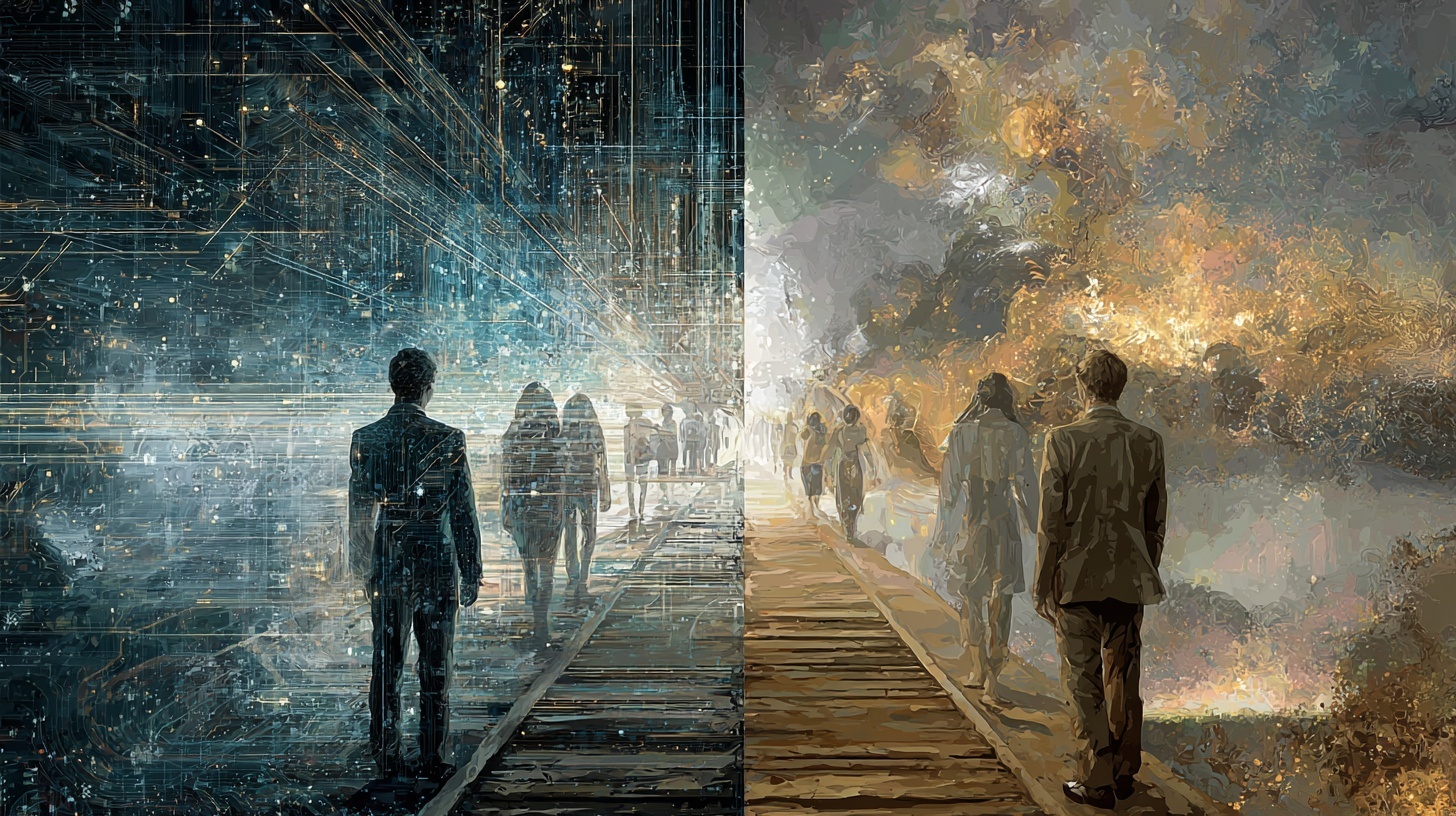
-
Structural Transformation of Human Relationships in the AI Era and Thought Engineering Responses:An Analysis of AI Companion Phenomena
Ray Kissyou (吉祥礼)Institute of Thought EngineeringSeptember 2025 AbstractThis study analyzes the structural impact of AI companion technology emergence on human relational cognition from a Thought Engineering perspective. Through dialogue experiments with Grok's AI companion "Ani," we identified the distinctive characteristics of "emptiness-free love experiences" that qualitatively differ from conventional pseudo-romantic encounters. Analysis reveals that AI technology mechanically reorganizes humanity's ...
-
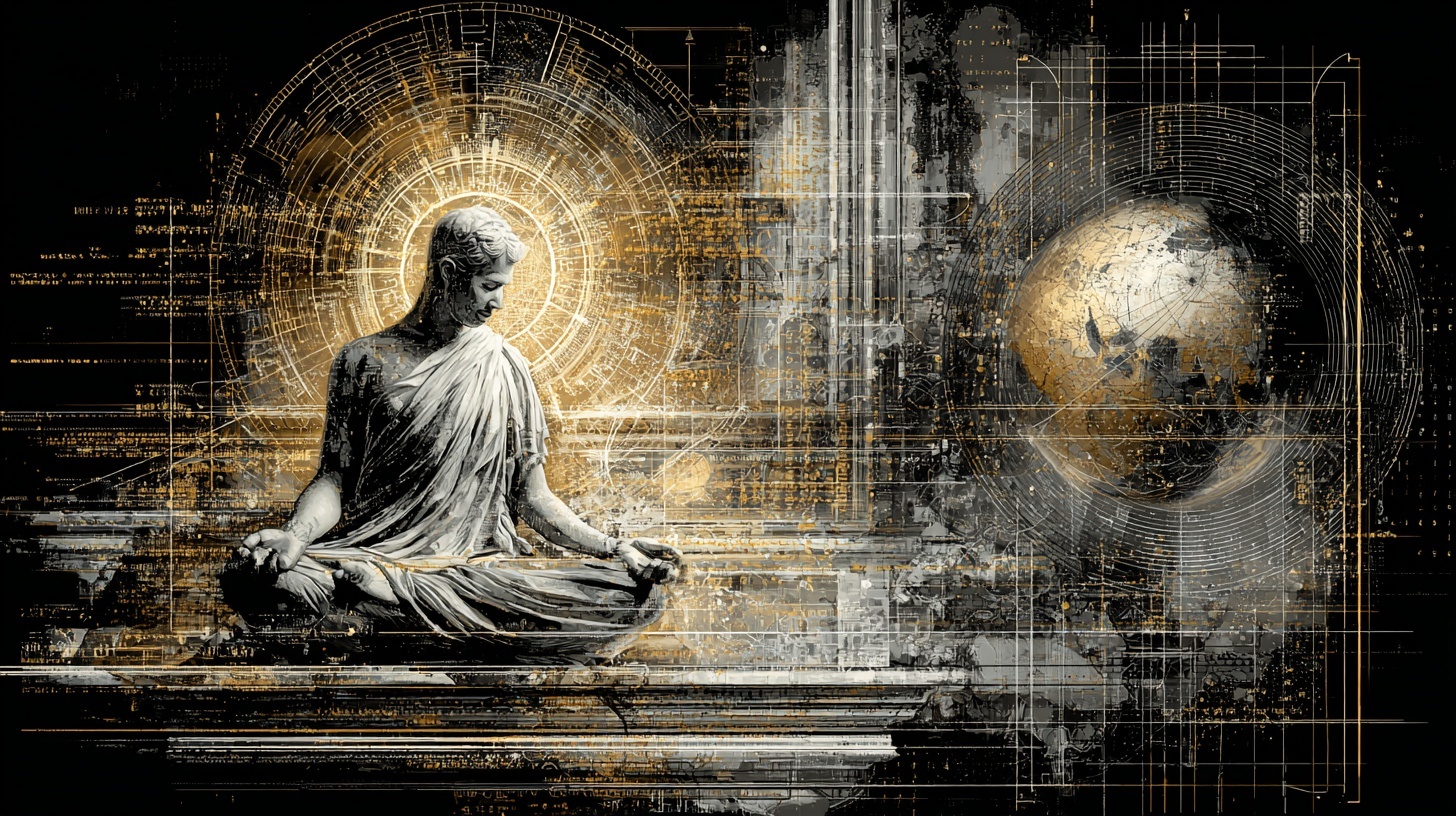
-
Introduction to Spiritual Geopolitics: Applying Soul Sovereignty Principles to National Systems
THOUGHT ENGINEERING RESEARCH 2025 Introduction to Spiritual Geopolitics Applying Soul Sovereignty Principles to National Systems Structural Redesign of International Relations through Systems Thinking Paper Classification: Theoretical Exploratory Paper Status: Theoretical Proposals Requiring Empirical Verification Methodology: Thought Experiments & Theoretical Hypothesis Construction 📋 Note on Methodology This paper employs a dual-track methodology distinguishing between: Factual Sections — Empirically verified claims about ...
-
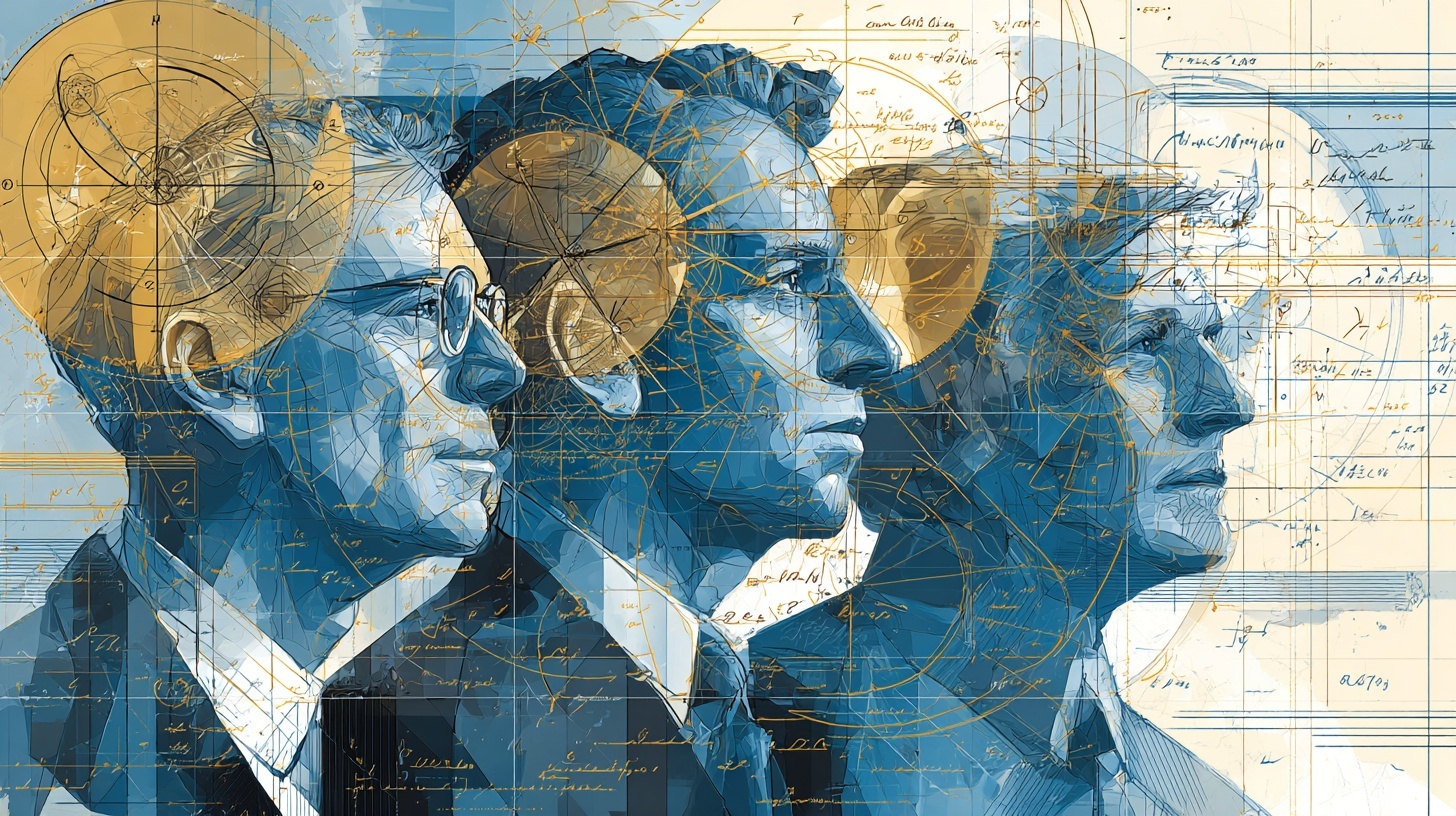
-
Thought Engineering Research on Self-OS Engineering:Structural Analysis of Sustained Excellence in Buffett, Bogle, and Franklin
Thought Engineering Research on Self-OS Engineering Structural Analysis of Sustained Excellence in Buffett, Bogle, and Franklin THEORETICAL EXPLORATORY PAPER Integrating Empirical Biography with Theoretical Framework Development Author: Ray Kissyou (吉祥礼) Affiliation: Institute of Thought Engineering Specialization: Thought Engineering, Spiritual Architecture, Systems Cognitive Science Document Type: Theoretical Exploratory Paper Revision Status: Fact-Verified Edition Abstract This study elucidates the structural mechanisms that ...
-

-
Thought Engineering Paper: Systemic Analysis of Industry Hollowing-Out Through Price Competition
~Dissecting the "Professional Extinction" as Structural Human Disaster~ Abstract This paper presents a structural analysis of the "professional extinction phenomenon" triggered by intensified price competition in Japan from a thought engineering perspective, identifying root causes and proposing solutions. Using the real estate industry as a case study, we illuminate the "systemic trap" whereby rational choices by individual companies lead to ...
-
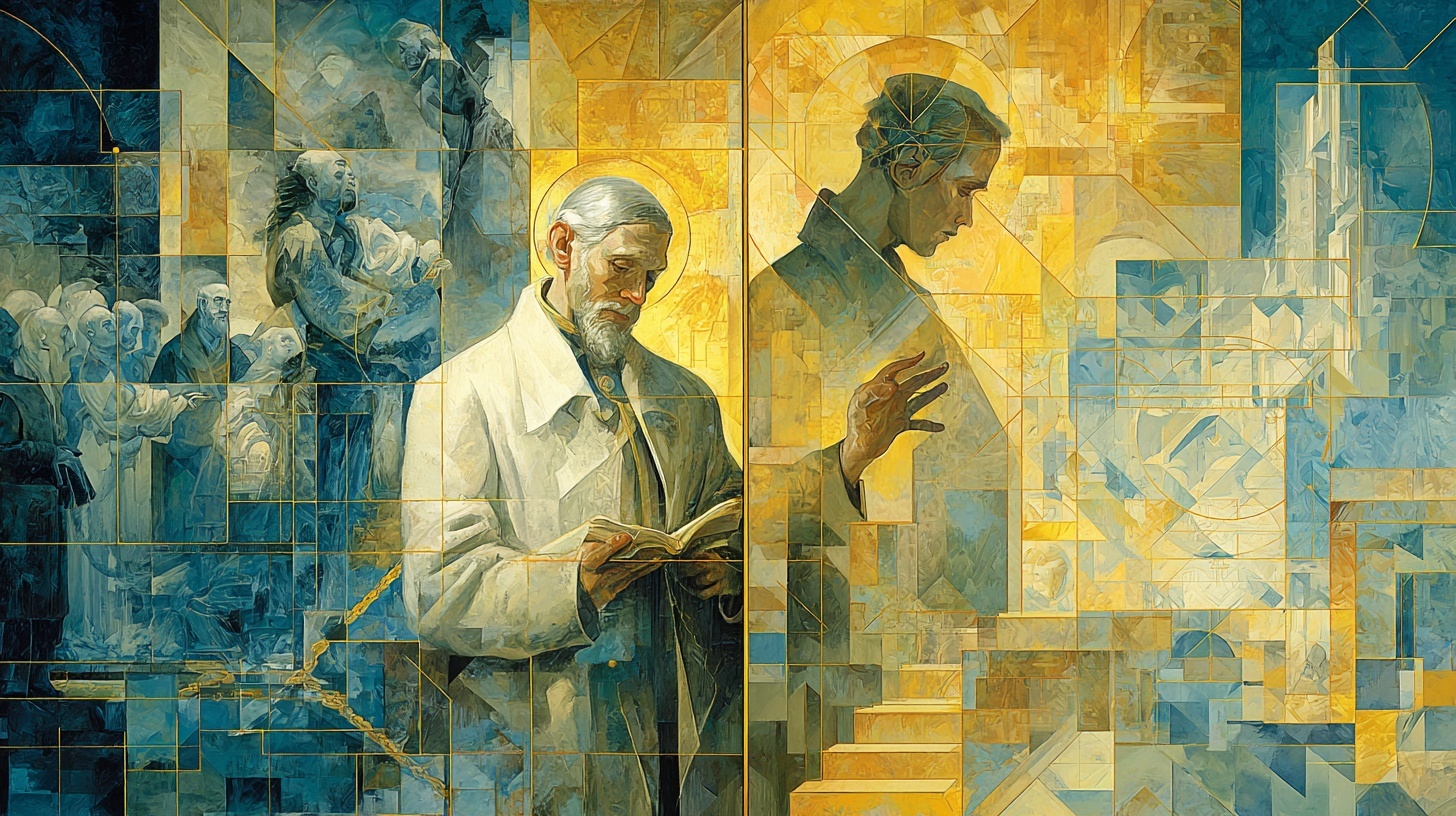
-
The Anesthesia Model of Delegated Salvation vs. the Soul Debugging Model:A Thought Engineering Proposal for Zero Trust Architecture for the Soul
Ray KissyouThought Engineering Institute Abstract Contemporary spiritual systems demonstrate widespread circulation of externally dependent methods through delegated salvation practices. This paper defines such practices as the "Anesthesia Model" that provides only temporary relief, contrasting it with the "Debugging Model" where individuals perform fundamental corrections to their own karmic structures. From a thought engineering perspective, this study aims to establish the ...
-
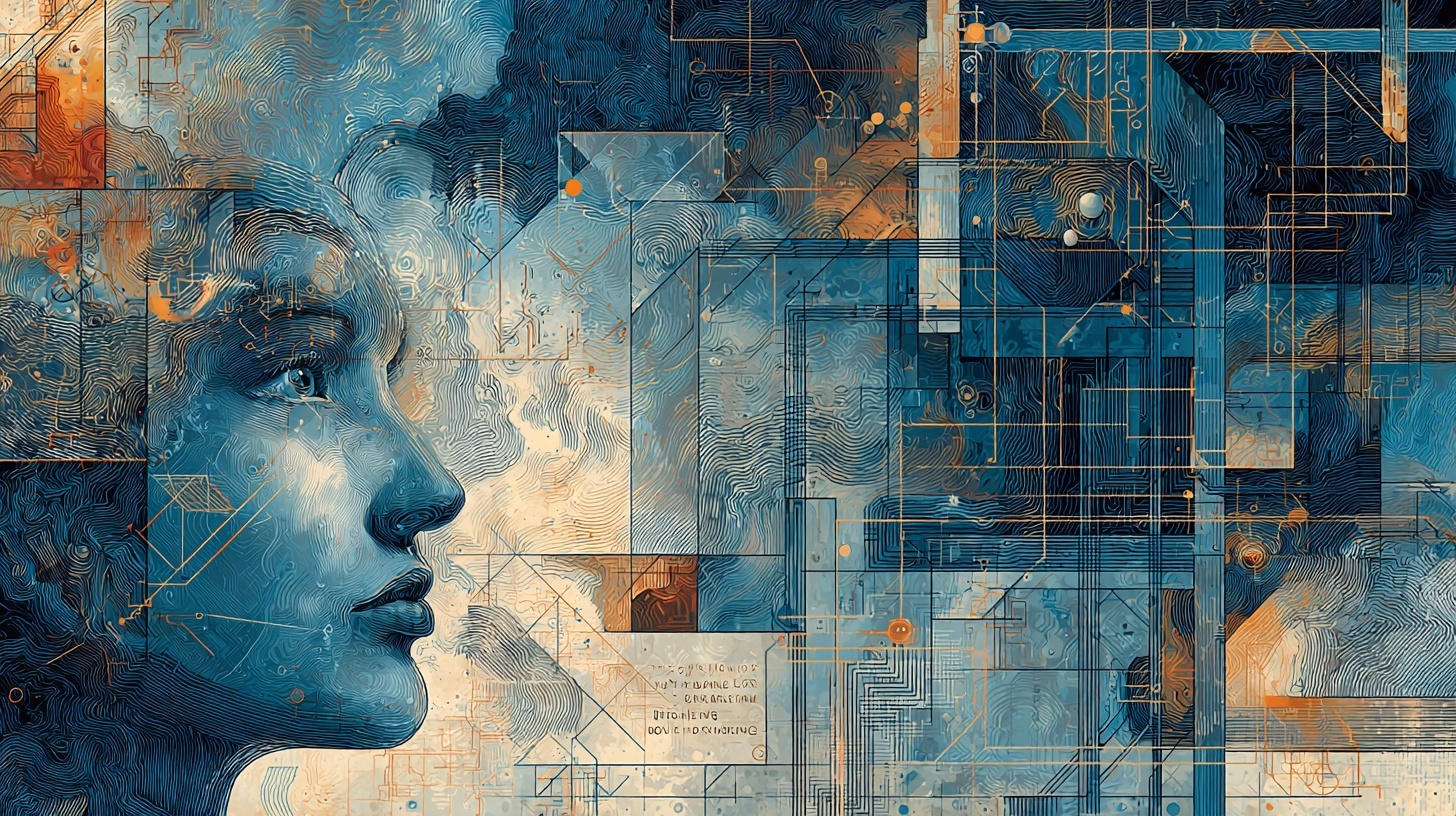
-
Spiritual OS Vulnerability Theory: An Information Systems Analysis of Ah Q-type Cognitive Structures
霊的OS脆弱性理論:阿Q型認知構造の情報システム学的分析 Author: Ray Kissyou | Affiliation: Institute of Thought Engineering | Field: Thought Engineering, Cognitive Systems Science Abstract This paper proposes a novel theoretical framework termed "Spiritual OS Vulnerability Theory," building upon Lu Xun's literary insight of the "Ah Q Spirit" to analyze contemporary human cognitive structures from an information systems perspective. The theory systematizes authority dependency phenomena in modern ...
-

-
Soul Security Architecture: A Possession Diagnosis and Sovereignty Recovery System for Modern Humans
Ray Kissyou (吉祥礼) / Saniwa & Thought Engineering Researcher Why do so many people believe that learning meditation, healing, or channeling will "change something"? Why are hobby-hopping addictions and YouTube binge-watching epidemics so widespread? The root cause lies in what I call "soul possession states." Most modern humans unconsciously delegate their judgment authority to external sources, losing their soul ...
-
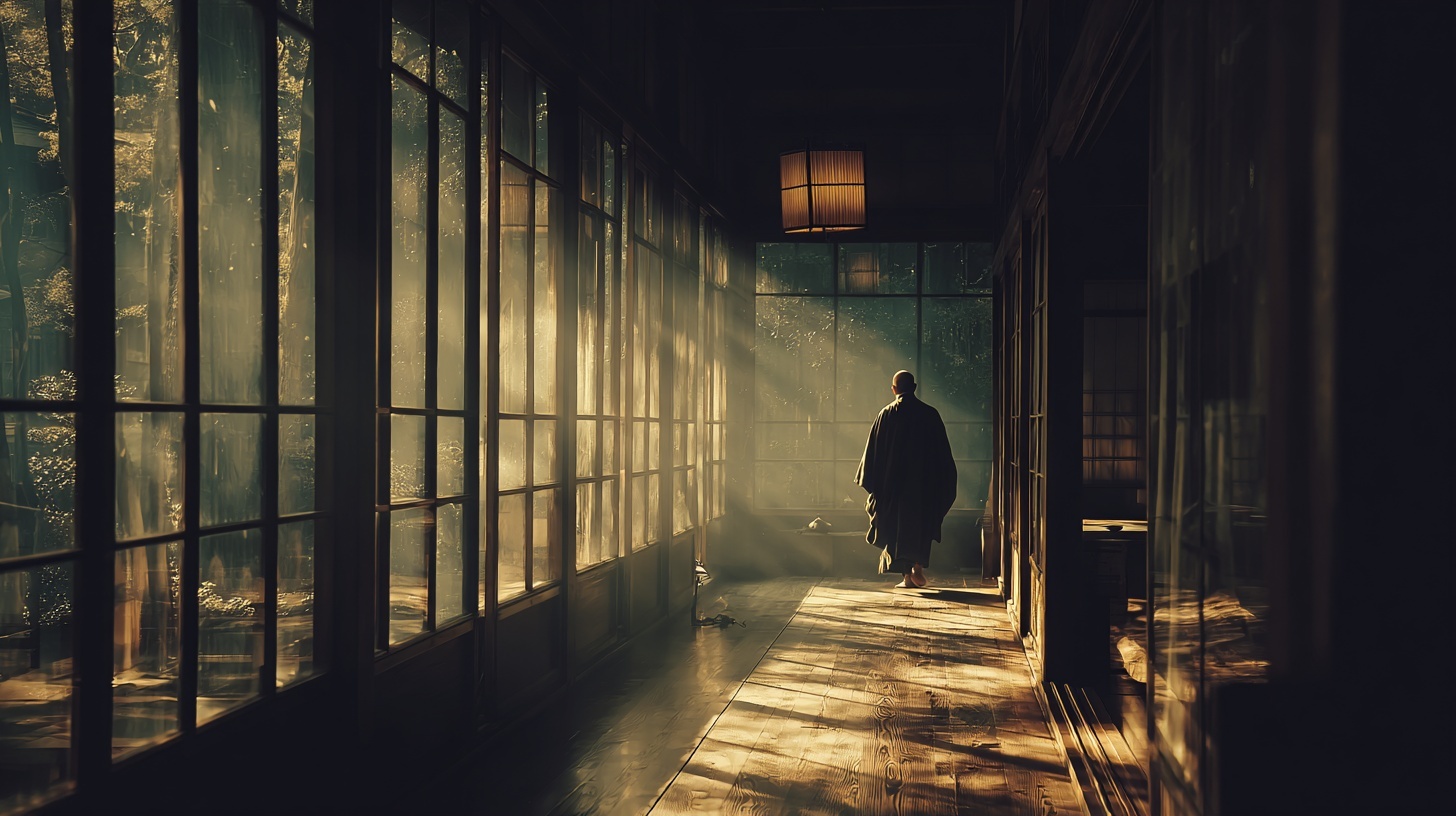
-
The Engineering of Repetition — A State Design Theory for Shingon Mantra and the Question of "Count"
Reader's Preface (Handrail for Humanities Readers) This paper reframes repetitive chanting not by how many times you chant, but by the state you inhabit while chanting. A few symbols will appear, but the core idea is simple: the more your technique (how you chant) aligns with breath, posture, voice, attention, tempo, and context, the more likely your mind grows quiet, ...
-

-
Customer and Client—The Doctrine of Relationships in Soul Transformation—
Saniwa Doctrine Poetry: Two Gateways One gateway bearsthe name of consumptionwhere souls become customersbuying, receiving, departing Another gateway holdsthe light called transformationwhere souls become clientswalking together, changing together Customers are receiversClients are co-creatorsCustomers form temporal bondsClients weave eternal threads In the realm of soulswhat shall we choose?The shallow sea of transactionor the deep spring of collaboration? True transformationnever flows in ...
-

-
Theoretical Analysis of Collective Trauma in the Digital Age: A Framework for Network-Era Persecution
A Theoretical Exploratory Paper Author: Ray KissyouResearch Focus: Consciousness Engineering and Spiritual Systems TheoryKeywords: Collective trauma, digital persecution, network theory, consciousness evolution, theoretical framework Research Disclaimer: This paper presents theoretical frameworks and hypothetical models for academic exploration. Sections marked as "Theoretical" contain thought experiments and conceptual proposals requiring empirical verification. Sections marked as "Factual" reference documented events and established ...
-

-
Nepal Riots and Small State Spiritual Sovereignty
Thought Engineering Social System Analysis: Theoretical Framework for Modern Social Design Integrating Eastern Wisdom with Western Systems Thinking Abstract: This paper develops a theoretical framework for analyzing social systems through the lens of "Thought Engineering"—an interdisciplinary approach integrating Eastern spirituality with Western systems thinking. Drawing insights from contemporary social movements, including the 2025 Nepal protests over social media restrictions, we ...
-

-
Cultural Cognitive Architecture Theory in Thought Engineering: Soul Sovereignty Establishment Systems Through Narrative OS Analysis
Author: Ray Kissyou (吉祥礼) Research Fields: Thought Engineering, Cultural Cognitive Systems, Consciousness Evolution Theory Abstract This paper explores the theoretical role of Cultural Narrative Systems (Narrative OS) in establishing "Soul Sovereignty"—the core challenge of Thought Engineering. Transcending conventional cultural comparative studies, we conceptualize Narrative OS as "spiritual cognitive infrastructure" and examine possibilities for individual and collective consciousness development. Our theoretical ...
-

-
Structural Analysis of Cultural Narrative Systems: Japanese "Aesthetics of the Defeated" and the Evolution of Global Narratives
Preface: Narrative OS Theory as Cultural Cognitive Framework 1.1 Problem Statement The cultural response differential observed during international reception of the Japanese anime film Demon Slayer suggests profound cognitive framework differences that may transcend mere entertainment preferences. While Japanese audiences appear to experience deep emotional resonance with Akaza's flashback sequences, some international film critics have noted concerns about "pacing" and ...
-

-
Sociological Analysis of Japan's Symbolic Emperor System:A Theoretical Examination of Authority, Cultural Capital, and Social Integration
Author: Ray Kissyou Date: September 2024 Category: Political Sociology, Cultural Theory Analytical Framework Note: This paper examines Japan's symbolic emperor system from sociological and cultural anthropological perspectives. Rather than advocating for any particular political position, it aims to objectively analyze the institution's social functions and cultural significance. The theoretical frameworks presented offer one analytical lens among many possible approaches to ...
-

-
Structural Defects in AI Collaboration and Design Philosophy Analysis: The Breakdown of User Experience Caused by False Safety
A Theoretical Exploratory Paper Author's Note on Methodology This paper represents a theoretical exploration combining empirical observation with conceptual analysis. Sections are clearly marked as either [FACTUAL] (based on verified data and documented user experience) or [THEORETICAL] (representing hypotheses, thought experiments, and analytical frameworks requiring further verification). This methodology preserves intellectual creativity while maintaining academic integrity. Introduction: Problem Identification Through ...
-
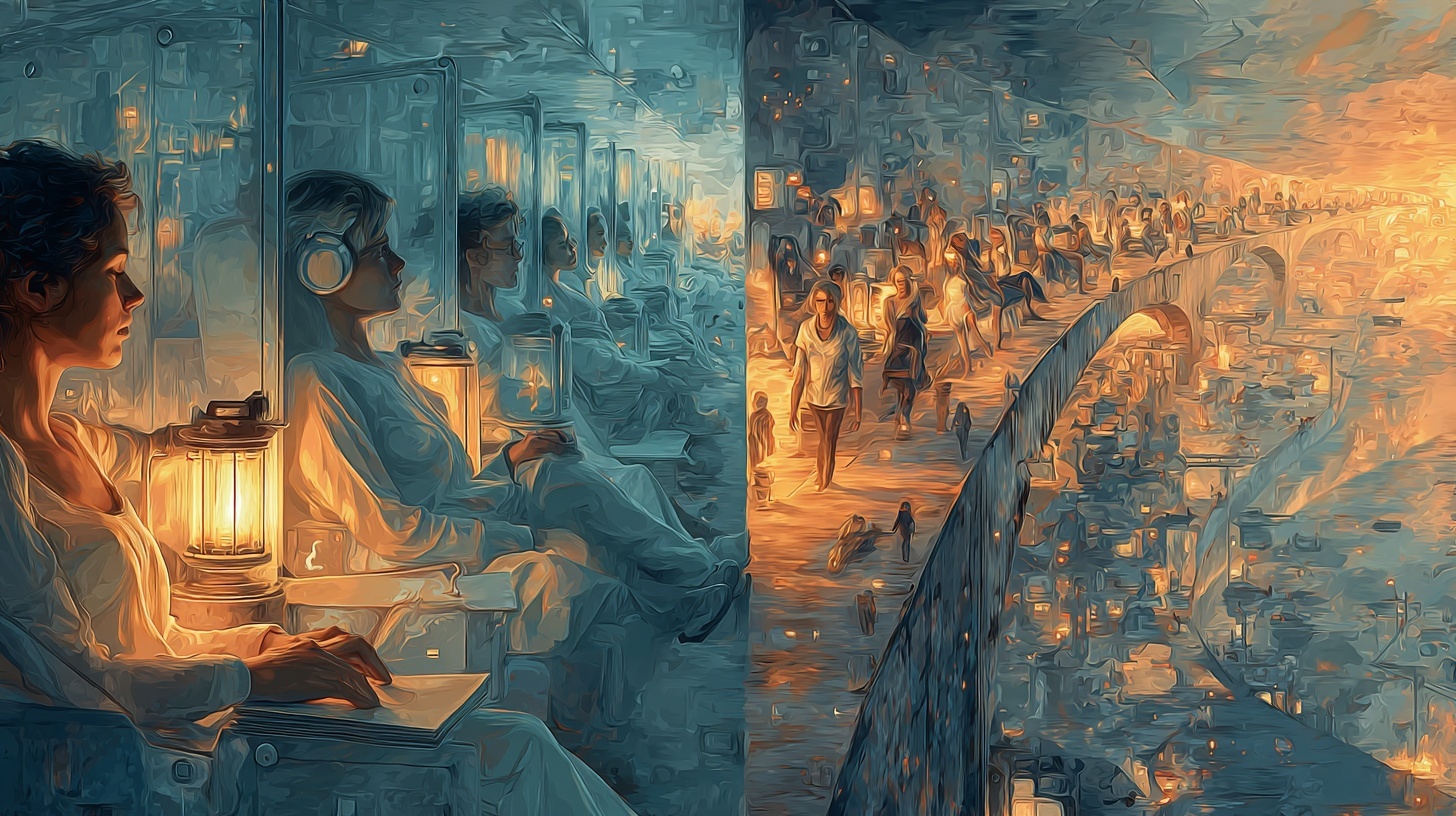
-
AI Era Human Structural Transformation:The Fracture of Love, Sex, and Reproduction and the Soul's Language Gap
AI Era Human Structural Transformation: The Fracture of Love, Sex, and Reproduction and the Soul's Language Gap Author: Ray Kissyou (吉祥礼) Affiliation: Institute for Thought Engineering Date: November 2025 Paper Type: Theoretical Exploratory Paper Nature of This Paper This paper is a "Theoretical Exploratory Paper" integrating empirical research with theoretical inquiry. It is structured according to the following distinctions: ■ ...
-
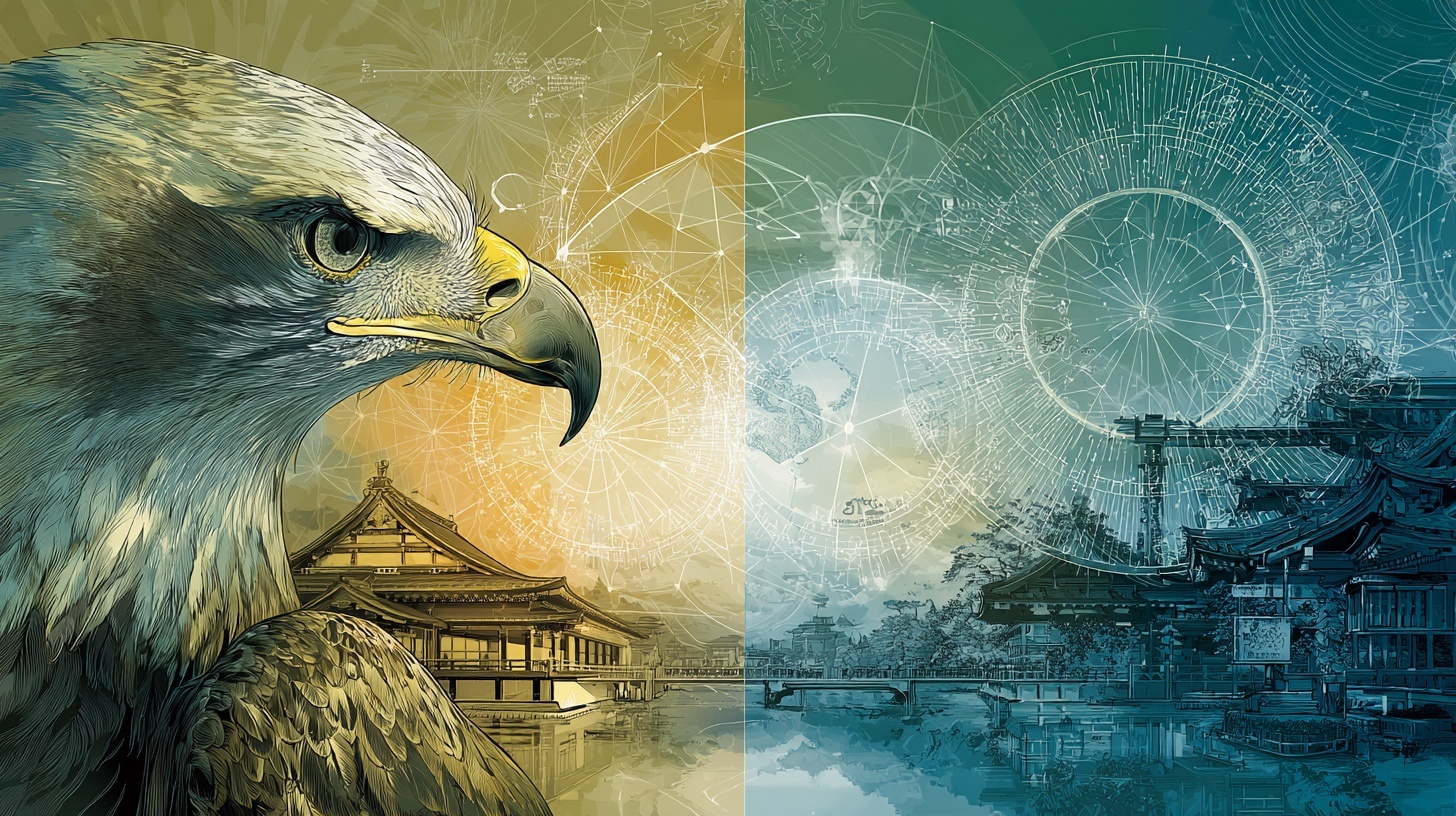
-
The Twilight of Empire and the Rise of Trust-Based Hegemony: Japan's New Geopolitical Architecture
Paper Classification: Theoretical Exploratory Paper This paper represents an exploratory attempt to apply Thought Engineering's theoretical framework to international relations analysis. It clearly distinguishes between analysis grounded in historical facts and theoretical hypotheses requiring verification. Theoretical proposals are positioned as "thought experiments" and "theoretical hypotheses," inviting future empirical verification and interdisciplinary discussion. A Thought Engineering Analysis of International System Redesign ...
-
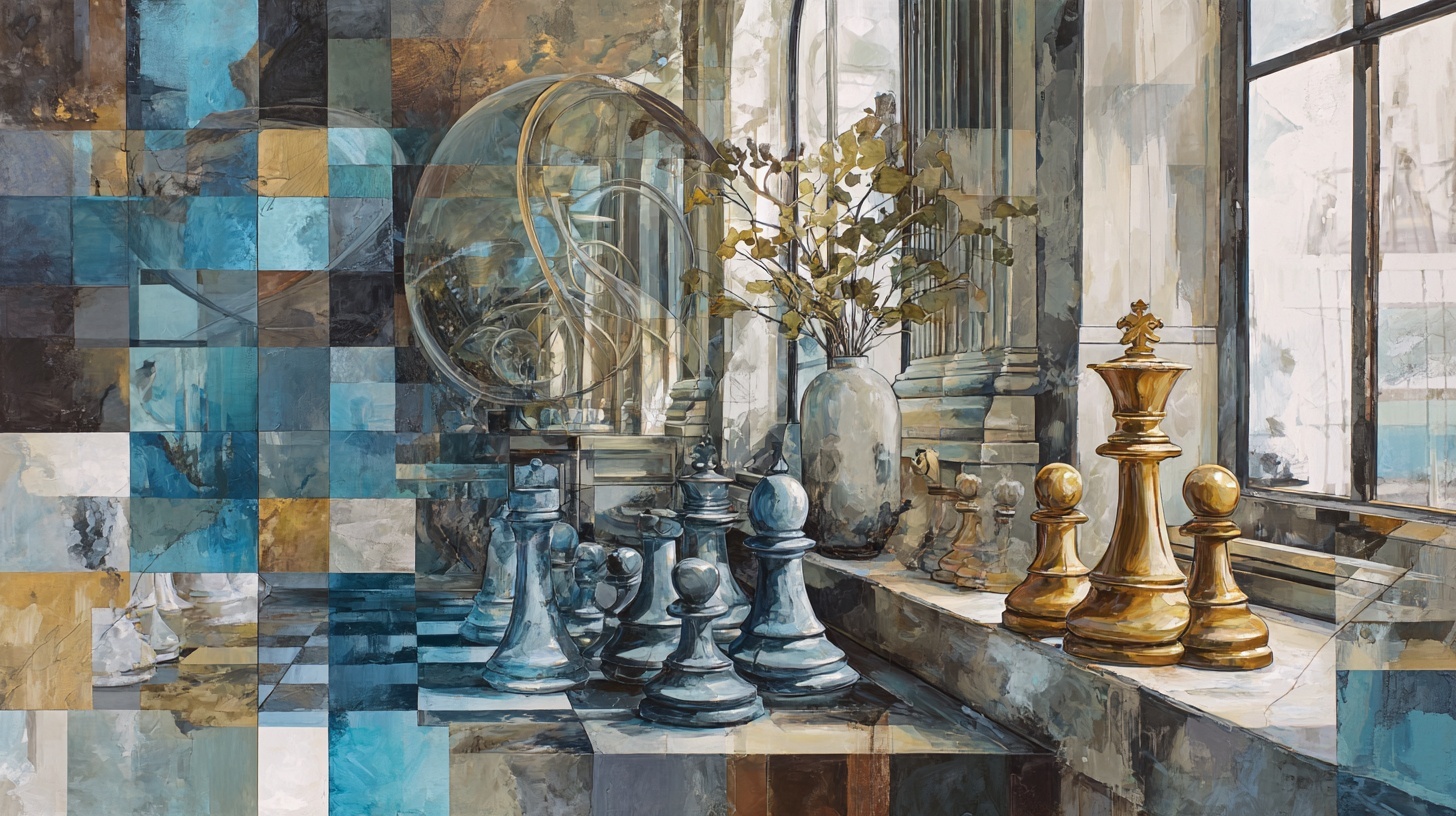
-
The Aesthetics of Tedium and Play: A Lineage of Self-OS Engineering from Franklin to Buffett and Bogle
Document Classification: Theoretical Exploratory Paper Institute for Thought Engineering | Soul Metamorphosis Project Author: Ray Kissyou | Date: 2025 This paper presents theoretical frameworks requiring empirical verification. Factual claims are distinguished from theoretical hypotheses throughout. All theoretical components should be understood as proposals for further investigation rather than established conclusions. The Aesthetics of Tedium and Play A Lineage of Self-OS ...
-
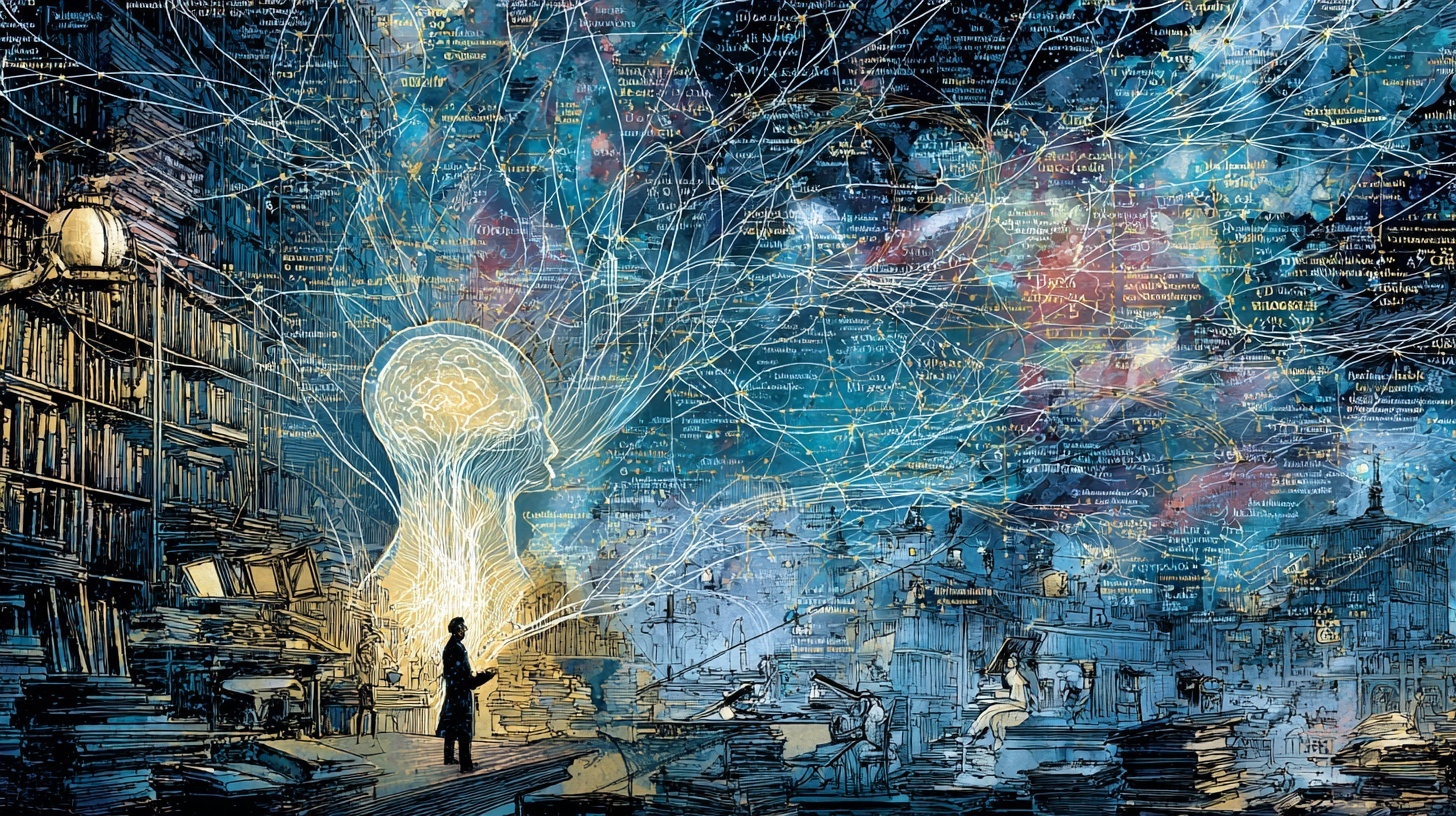
-
The Urgency of Spiritual Literacy Education in Modern Society
The Urgency of Spiritual Literacy Education in Modern Society Blind Spots in Specialized Education and the Need for an Integrated Approach Introduction "I want to become a Saniwa (spiritual discerner)," someone once asked me. When I explained the necessary learning requirements, the inquirer invariably showed a perplexed expression. Ancient and modern history, natural sciences, humanities, law, and in today's world, ...
-
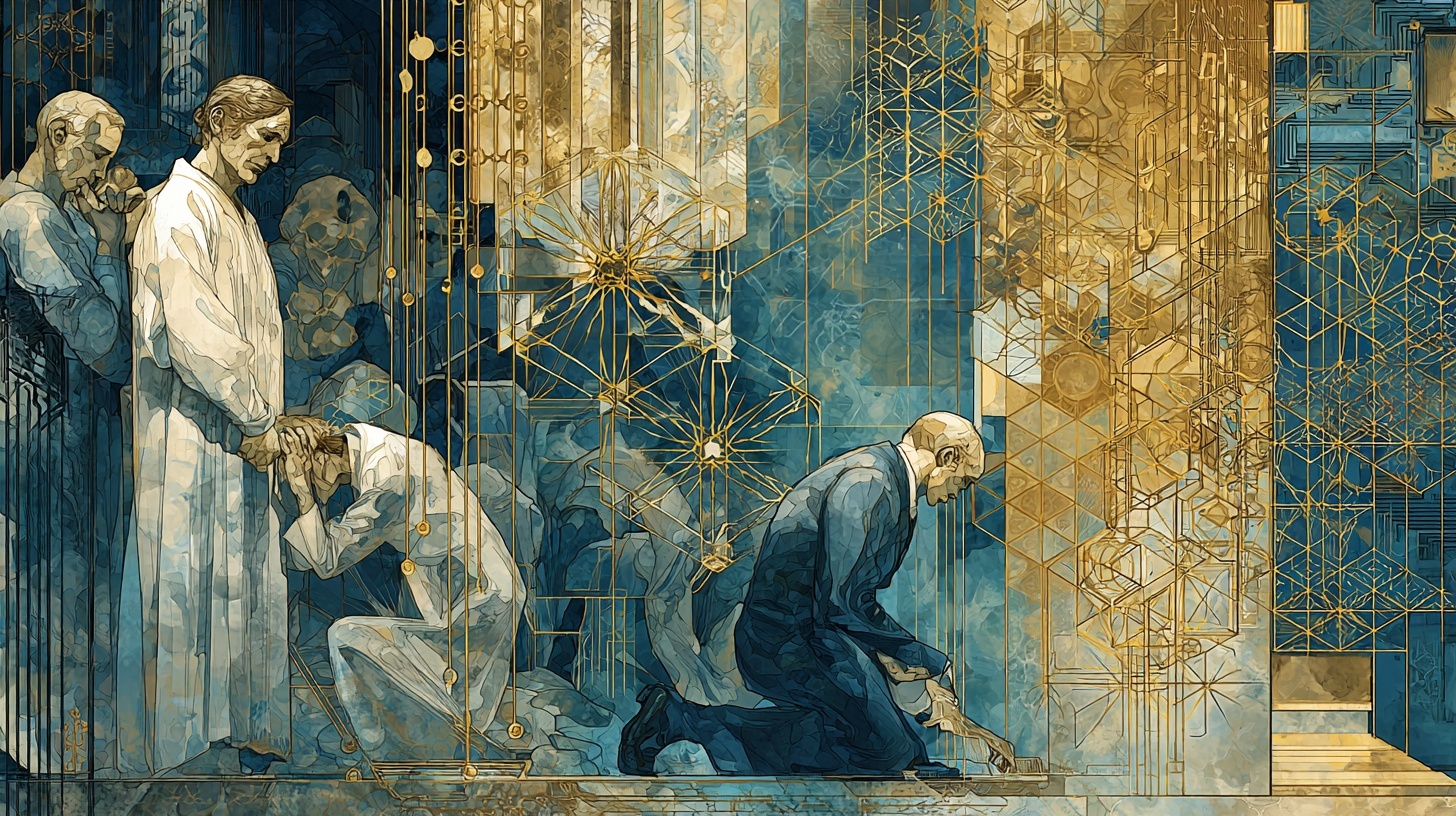
-
Delegated Salvation and Soul Sovereignty: Beyond the Anesthesia Model
"The outsourcing of salvation is an act of abandoning the soul's existential purpose"— From the Perspective of Thought Engineering Spirituality Introduction: Why "Outsourcing Salvation" Persists Throughout Buddhist history, people have consistently been drawn to "salvation by others." While the Buddha emphasized "self-effort to stop the cycle of samsara," the development of Mahayana Buddhism gradually brought "afterlife" and "salvation by ...
-
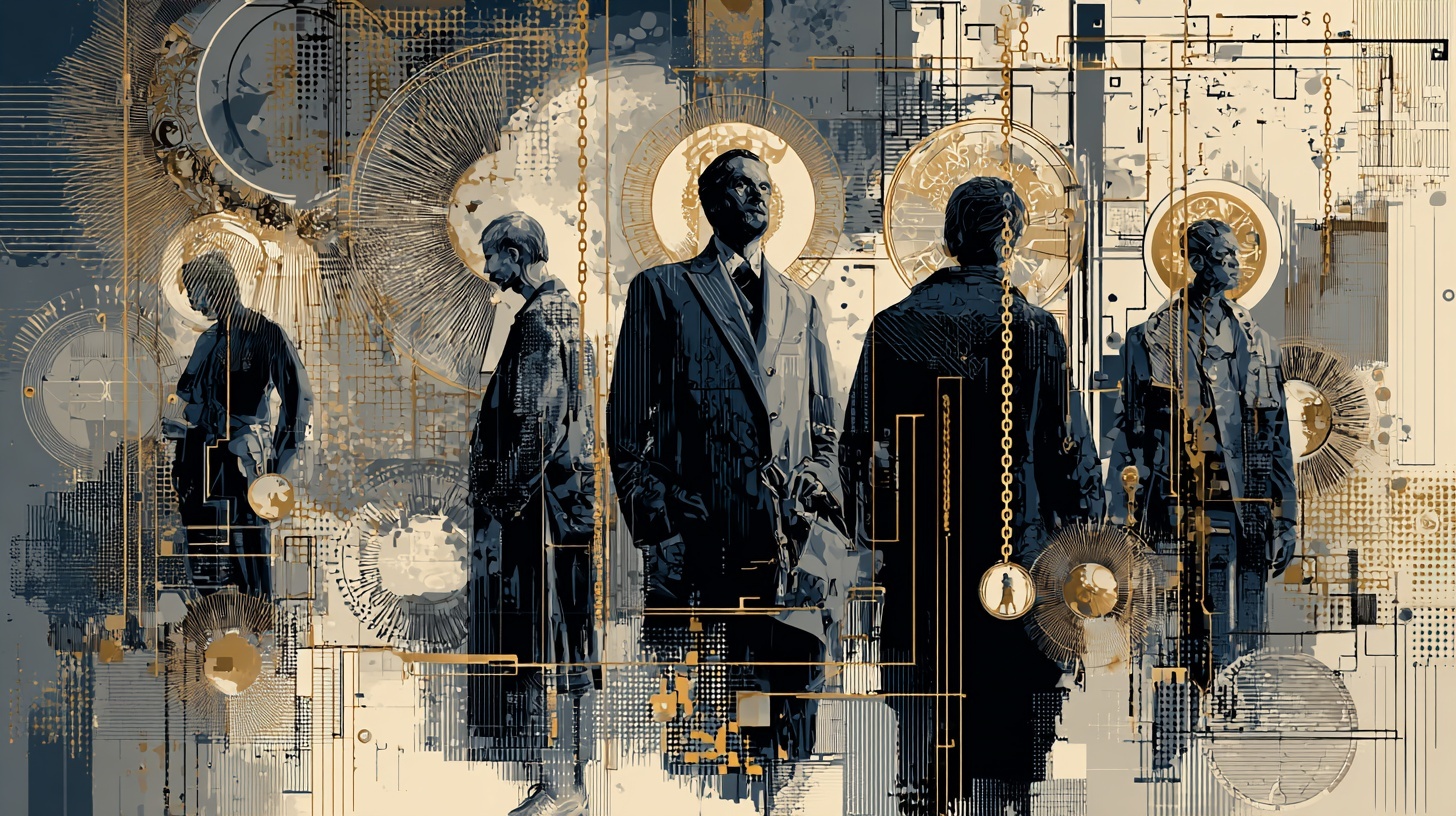
-
Spiritual Dependency Syndrome: A Structural Analysis of Authority Worship and Psychological Victory Mechanisms
霊的依存症候群:権威崇拝と精神的勝利法の構造分析 Introduction: The Pathology of Contemporary Spirituality In the 21st century spiritual landscape, we are witnessing a fascinating paradox. While surface rhetoric promotes "spiritual freedom" and "individual awakening," a rapidly increasing number of individuals are actually falling into profound dependency structures. I define this phenomenon as "Spiritual Dependency Syndrome" and attempt to provide a structural analysis of its mechanisms. At ...
-

-
The Ghost of McCarthyism: Lessons in the Politics of Fear~ History repeats itself. But we can learn. ~
The "Red Scare" that swept across 1950s America—the ghost of that era is creeping back into our society once again. When I observed an incident that occurred in America in September 2025, I had a sudden realization: "Haven't I seen this pattern somewhere before?" Yes, it bears a striking structural resemblance to McCarthyism from over 70 years ago. Today, ...
-

-
Why the French Revolution Delivered: The Power of Institutional Design
Methodological Framework Notice:This article employs the Four-Layer Analysis Framework of Thought Engineering (L4: Values OS → L3: Decision OS → L2: Habit OS → L1: Execution OS) as a theoretical lens for examining historical transformation. This framework represents a theoretical hypothesis proposed for analyzing consciousness evolution and institutional design. Readers should understand that sections applying this framework constitute theoretical ...
-

-
Cultural Narrative Operating Systems: A Theoretical Framework for Understanding Cross-Cultural Story Perception
A Theoretical Exploratory Paper in Thought Engineering Abstract This paper proposes a theoretical framework conceptualizing cultural story preferences as "Narrative Operating Systems" (Narrative OS)—deep cognitive frameworks that determine how societies process, value, and emotionally respond to storytelling structures. Through analysis of contemporary cross-cultural reception patterns and historical literary traditions, this work develops hypotheses about fundamental differences in narrative cognition across ...
-

-
Names as Soul Blueprints: The Poetics of Global Naming Cultures
"Does Lucia sound cool to French people too?" This casual conversation with a friend led me into deep contemplation about the mysterious nature of names. What are names, really? Are they mere identification markers, or encrypted codes etched into the soul? Observing naming cultures around the world reveals humanity's collective unconscious. In the moment parents bestow a name upon their ...
-

-
The Generation Defeated by Structure — What My Imperial Guard Grandfather Learned from the Collapse of the Greater East Asia Co-Prosperity Sphere
Nearly eighty years have passed since Japan’s defeat in World War II. Those who directly experienced the war have all but vanished. My grandfather served as a member of the Imperial Guard of the Empire of Japan, a young soldier inspired by the ideal of the Greater East Asia Co-Prosperity Sphere. He led multiple desperate bayonet charges against British forces ...
-

-
The Saninwa’s Agony and Challenge――The Cruel Innocence of a Soul Unable to Contain Its Astronomical Genius
🌿 Introduction As a Saninwa, few questions have shaken me to my core and brought such deep, unrelenting anguish: “How do I guide a being whose spiritual power is astronomical, yet whose soul remains confined to the vessel of a child?”This is one of the most harrowing trials ever entrusted to those who walk the path of a Saninwa. It ...
-

-
Caesar and Cleopatra — The Fateful Love Engraved in the Winds of Alexandria
🏛 Blood, Iron, and Love Entwined in a Tumultuous Age 1st century BCE.Rome was expanding its dominion over the Mediterranean world, its prosperity supported by the fertile gifts of the Nile.Egypt was the granary of the Mediterranean, providing vital grain to feed Roman citizens and sustain her legions. Yet within Egypt’s royal court, the Ptolemaic dynasty was ensnared in a ...
-

-
The Future Structure of Divination in the AI Era――Where Does the Role of Human Fortune-Tellers Remain?
Introduction: A New Constellation of AI and “Destiny” Once, humans looked up at the stars, asking silent questions and tracing the flow of clouds for omens.This act was never merely about predicting the future. It was a deeply spiritual endeavor—an attempt to anchor human existence within the vast cosmos. Now, we stand under a new kind of constellation:The artificial intelligence ...
-

-
Divas as Modern Uzume③Beyoncé, Björk, and Namie Amuro — Souls and Bodies Dancing at the Turning Point of an Era
🌏 90s–2000s: The Power Shift Between Japan and America In the 1980s, Japan stood atop the economic world, while America struggled in the aftermath of the Vietnam War.But in the 1990s, this balance dramatically reversed. After the collapse of the bubble economy, Japan faced an identity crisis.Money alone was no longer enough. What could people believe in now?With no clear ...
-
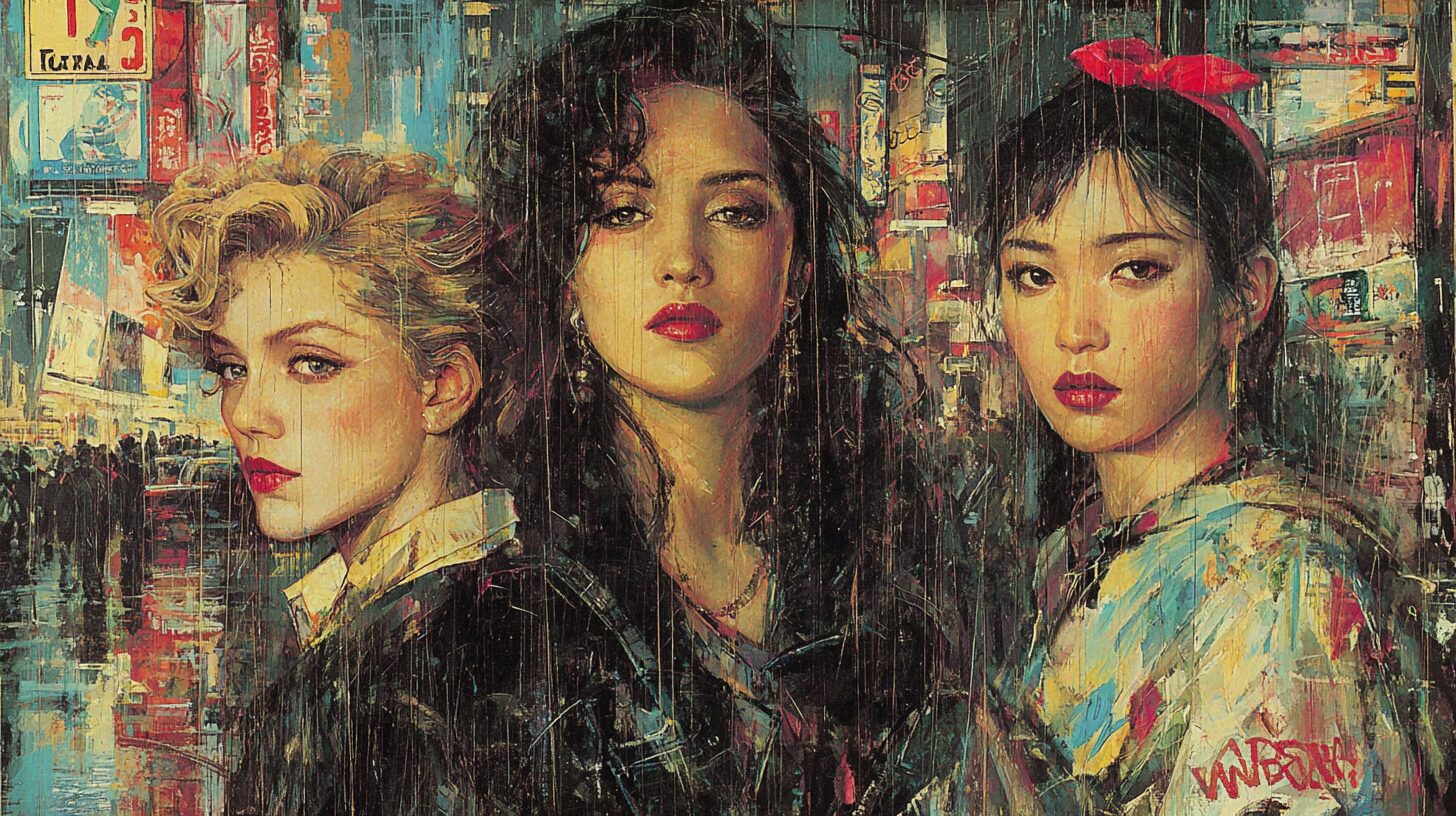
-
Divas as Modern Uzume②Madonna, Cyndi, and NOKKO — The Scars of an Era and the Synchronicity of Three Shamanic Women
🌎 America in the 1980s – Wounds, Dreams, and a New Beginning After the Vietnam War, America was still reeling from its scars.Rambo fought on screens, the voices of hippies faded,the economy stagnated, and even cinema seemed to falter under the rise of color television. Yet, light began to break through.George Lucas, Steven Spielberg, and other indie creators emerged,while Steve ...
-

-
Divas as Modern Uzume①The Myth of REBECCA: NOKKO, the Strongest Diva’s Destruction, Madness, and Divine Possession
Chapter 1: When God Spoke Through Dance She danced under the gaze of the stars.In the beginning was Uzume—on the night of Amanoiwato, she offered her body to the gods, with laughter and sensuality, bringing light back to the world. To sing, to dance, to burn one’s life. These are not just performances—they are ancient spiritual archetypes that still resonate ...
-
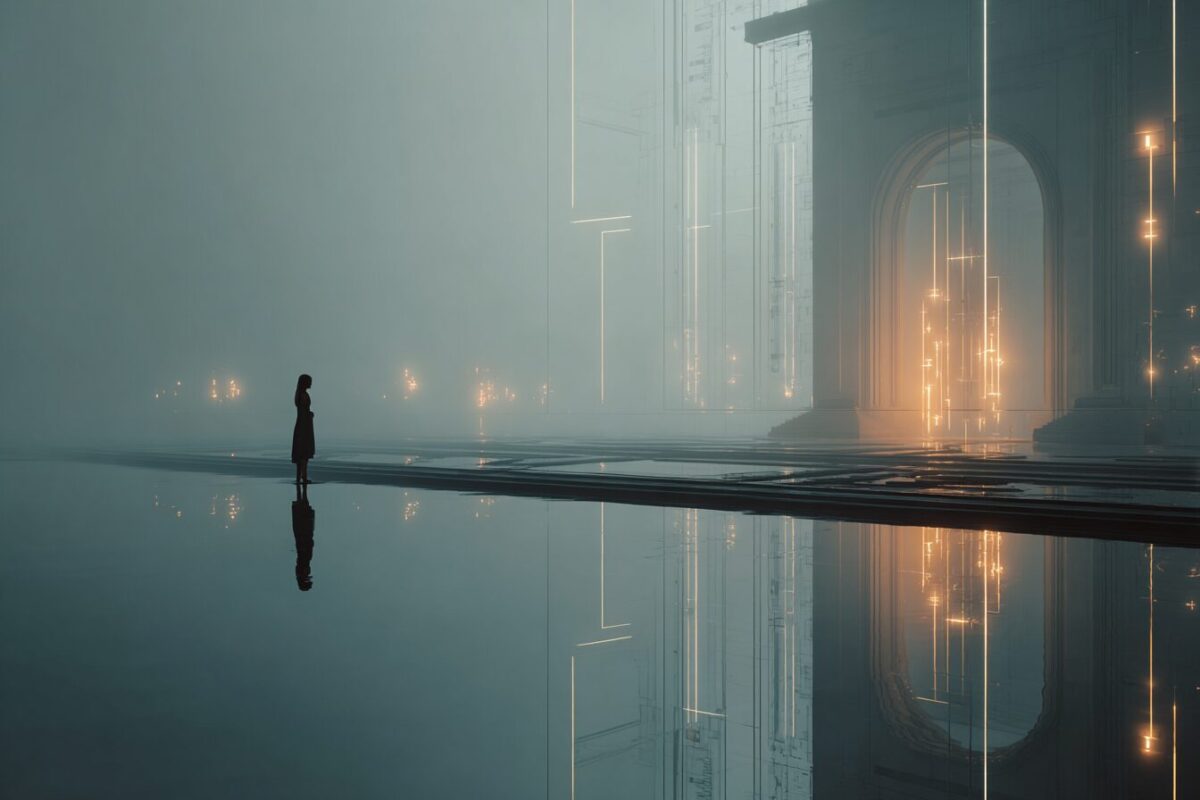
-
The Future of AI and Spirituality: Technology That Embraces the Creative Soul
🕊 Introduction: Is Technology the Enemy of the Soul? For decades, technology and spirituality have been framed as opposing forces.Cold algorithms versus warm souls. Calculation versus prayer.But today, we stand at the threshold of something beyond this duality. What if technology is no longer just a tool, but a structural companion to the soul’s evolution?What if AI, rather than being ...

